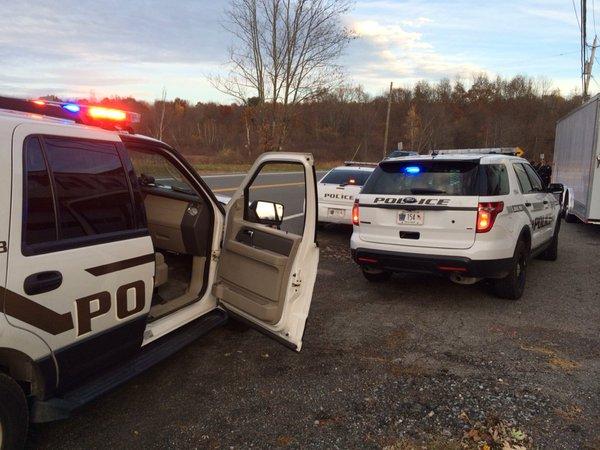The more than $1 trillion infrastructure package would require that alcohol monitors be installed in all new cars.
Within the 2,700-page proposal is a section that mandates that new vehicles have “a system that ... passively and accurately detect[s] whether the blood alcohol concentration of a driver of a motor vehicle is equal to or greater than the blood alcohol concentration” of 0.08, which is generally the limit to drive in most states.





